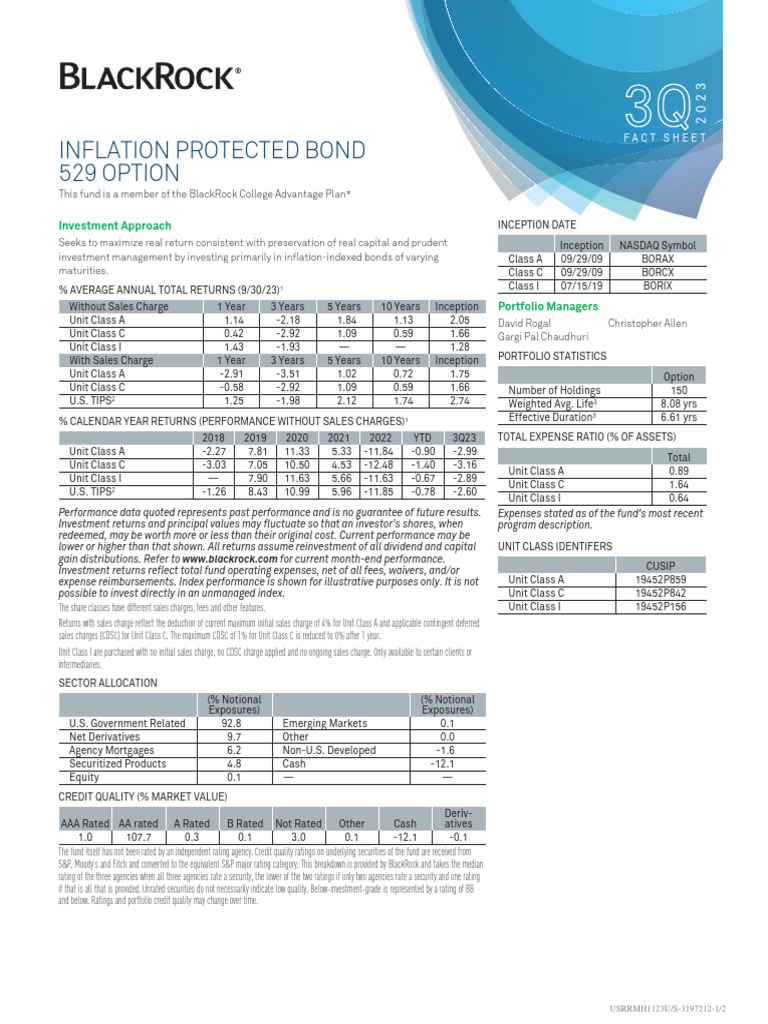Understanding the complexities of financial planning can often feel like navigating a labyrinth. Many families seek ways to secure their children’s educational futures while also safeguarding their assets from unforeseen contingencies. This dual goal draws attention to the 529 Plan, a specialized investment avenue designed exclusively for education savings. However, a pervading concern looms: Are 529 Plans protected from creditors? To explore this vital question, it’s important to delve into the distinctive characteristics of 529 Plans, the nuances of creditor protection, and what it all means for financial fortitude.
First, let’s unpack what a 529 Plan is. These plans are tax-advantaged savings accounts that allow individuals to save for future educational expenses. Named after Section 529 of the Internal Revenue Code, these plans come in two primary forms: prepaid tuition plans and education savings plans. Prepaid plans allow savers to purchase tuition credits at today’s rates, thus averting the risk of rising costs. Education savings plans, on the other hand, permit the investment of assets in a variety of mutual funds, enabling potential growth over time. The primary allure is clear—unlike traditional savings accounts, the growth in a 529 Plan is often exempt from federal taxes, and for many states, it’s also free from state taxes when the funds are used for qualified educational expenses. This makes them a desirable option for many families aiming to enhance their children’s access to quality education.
However, amidst this wealth of advantages, a pertinent question arises regarding the vulnerability of these funds in the event of financial hardship or legal challenges. The protective nature of 529 Plans against creditors varies by state and can be influenced by the unique legal landscapes that govern them. In essence, protection from creditors is not guaranteed universally, and understanding these variances can provide peace of mind for savers.
In many states, the assets within a 529 Plan are generally considered protected from creditors in the event of bankruptcy. This protection, however, is not uniform. Some states afford robust protections, shielding the entirety of the plan’s value from claims—whether from creditors or during a bankruptcy filing. Conversely, there are states that limit these protections, possibly exposing a portion of the funds to liquidation in the event of financial woes. Such disparities underscore the importance of being well-informed about your specific state’s legislation concerning 529 Plans.
Why this curiosity? At the intersection of education and financial planning lies a persistent quest for security. When faced with the uncertainties of life—job loss, medical emergencies, or other financial crises—the thought of losing savings earmarked for a child’s educational future can be particularly haunting. This anxiety amplifies the need for strategic financial planning. Thus, many individuals find themselves drawn toward the idea that 529 Plans can act as a bulwark against creditor claims, enhancing their allure.
Let’s consider a financial scenario. Imagine a family that has diligently invested in a 529 Plan over the years, setting aside substantial funds for their child’s college education. Now, due to a series of unfortunate events, that family faces mounting debts. For them, the thought that those hard-earned dollars—specifically allocated for their child’s future—might be vulnerable to creditors is alarming. Consequently, understanding the nuances of their state laws becomes paramount. This need for clarity and protection fuels an ongoing quest for knowledge around 529 Plans and their implications.
Moreover, the societal implications of investing in a 529 Plan can also be profound. When families feel secure about their educational savings, they’re more likely to invest in higher education opportunities such as a four-year college or vocational school. This has ripple effects: a better-educated populace can lead to enhanced economic stability and lifelong earning potential. 529 Plans, when coupled with sound financial strategies, become a cornerstone of establishing a robust educational infrastructure, essential for both individual prosperity and societal advancement.
Another layer to this dialogue involves the evolving landscape of educational opportunities. As the traditional four-year college experience shifts narratives—bolstered by the rise of online courses and alternative education models—parents are increasingly considering how their 529 Plans fit into wider educational frameworks. Will their savings fluidly adapt to new methods of learning? Investing in a 529 Plan is not just about protection from creditors; it also embraces the ever-evolving definition of education itself.
In conclusion, understanding whether 529 Plans are protected from creditors necessitates a nuanced exploration of state laws and individual circumstances. While many states offer solid protections, not knowing the specifics can leave savers vulnerable. This is particularly significant as families strive for educational security amid life’s uncertainties. As the fascination with 529 Plans persists, informed decision-making is essential. The focus should remain not only on the immediate benefits but also on the long-term implications for families and society as a whole. Through strategic planning and awareness, families can cultivate financial fortitude, leading to brighter future prospects for their children while navigating the complexities of modern financial realities.
